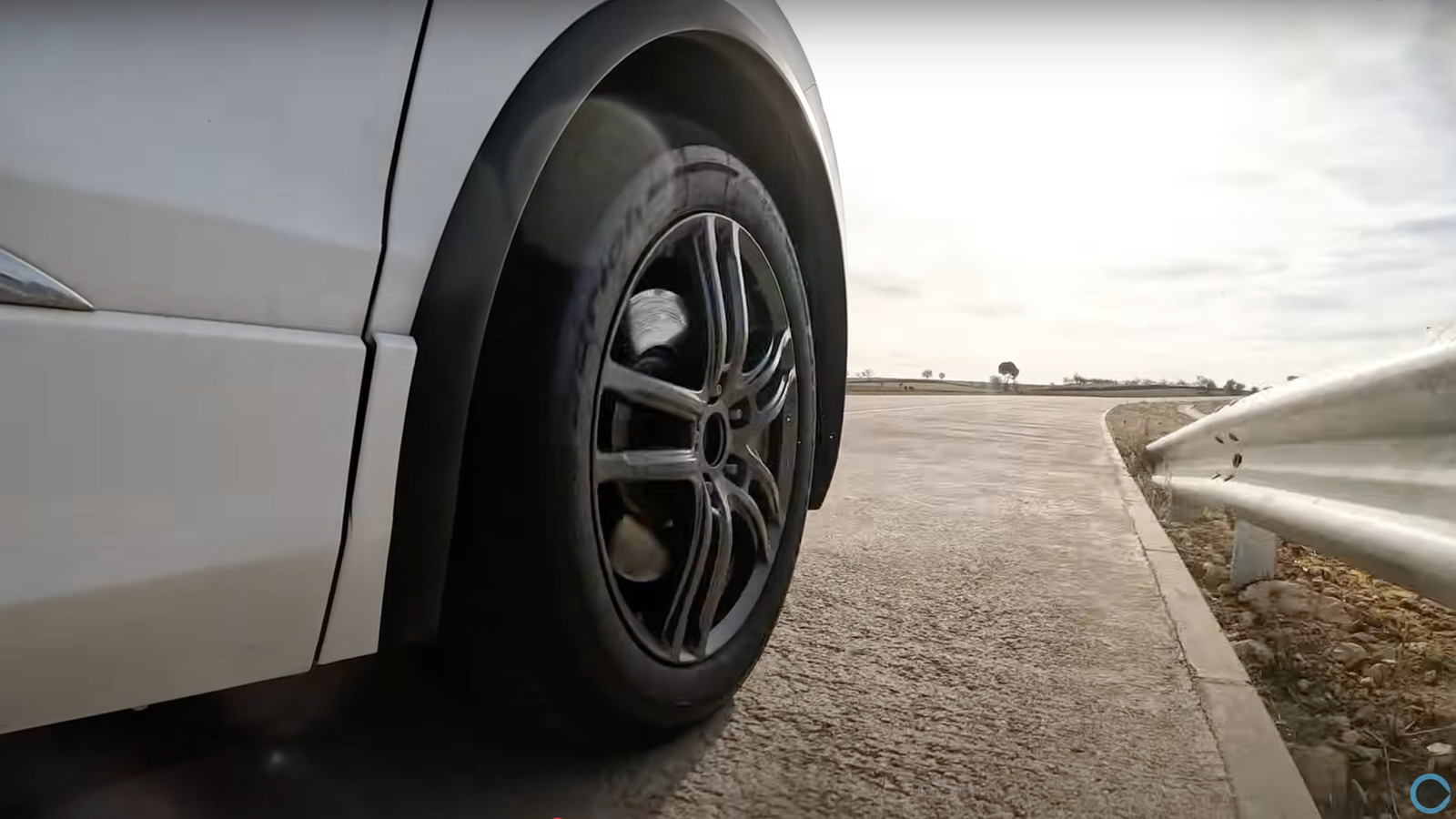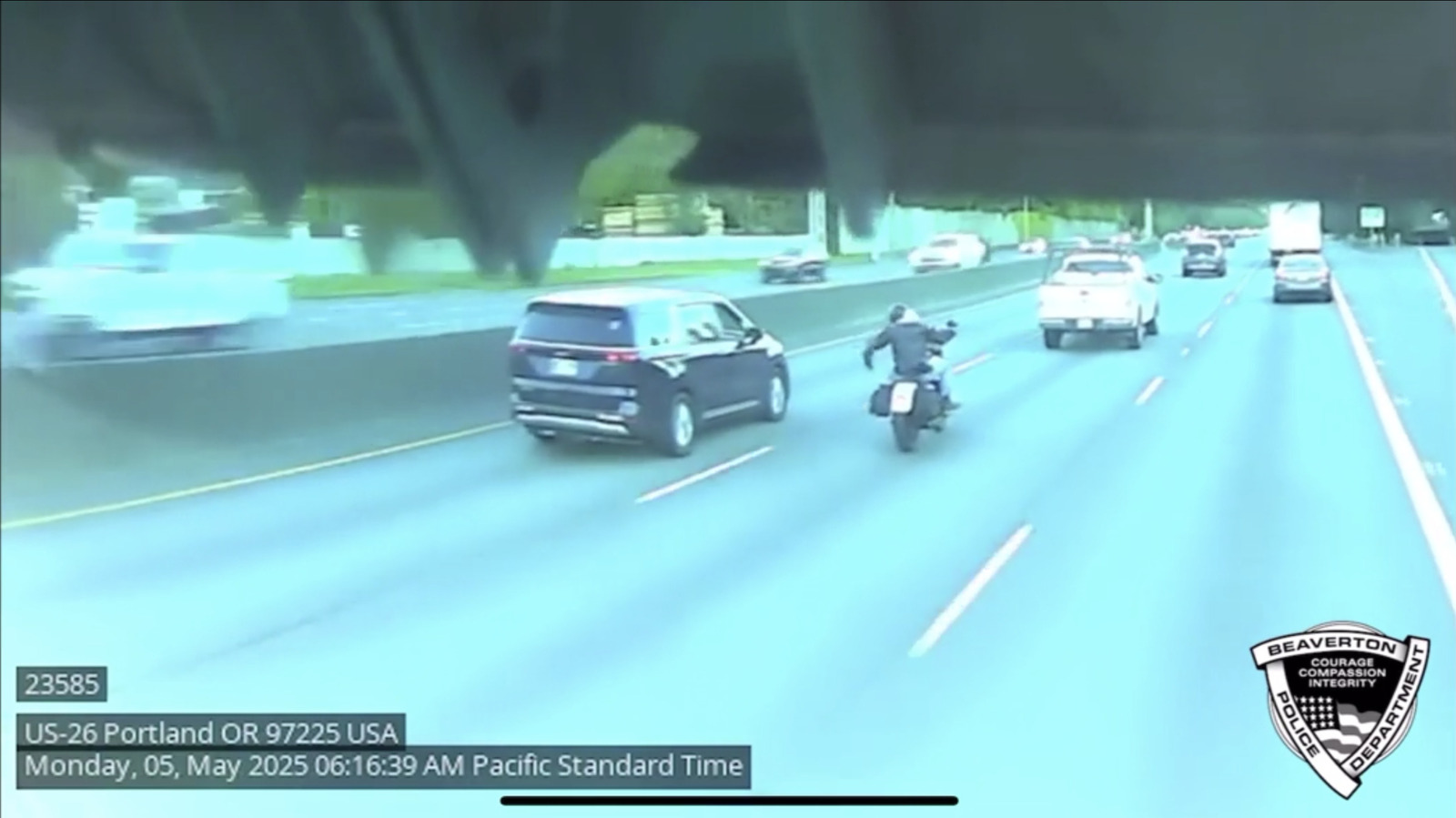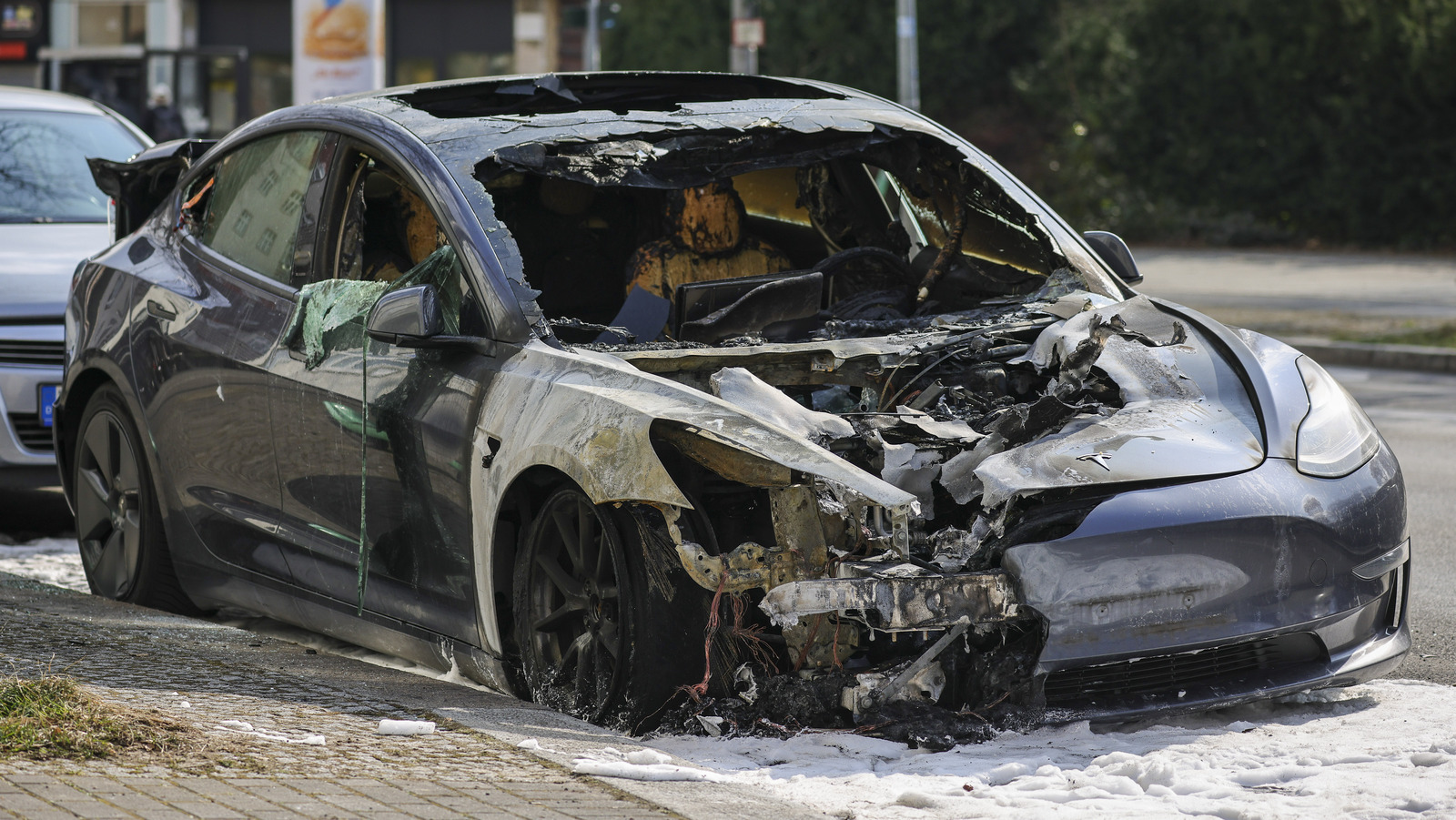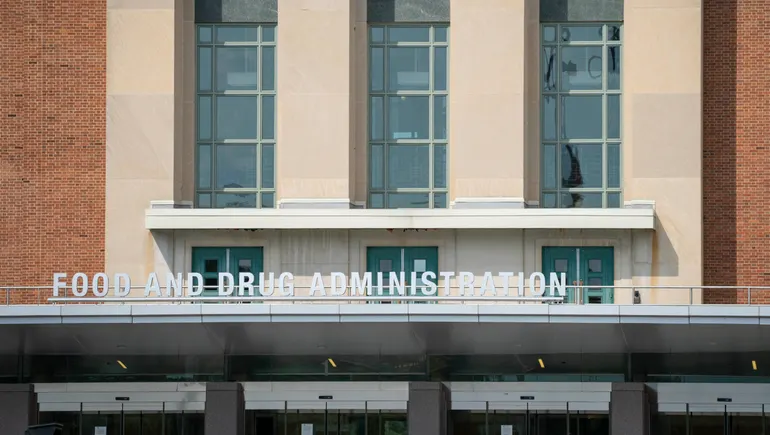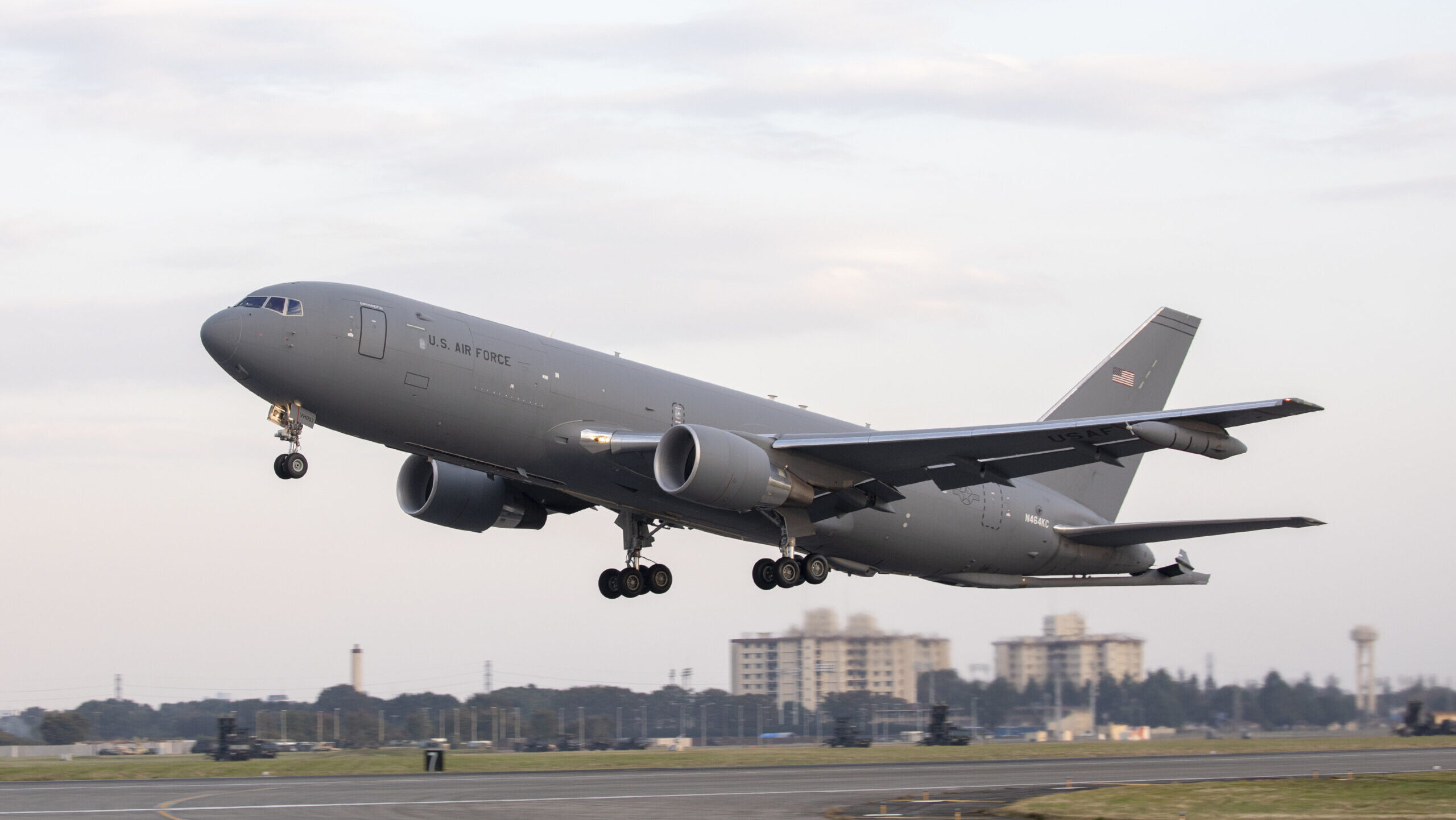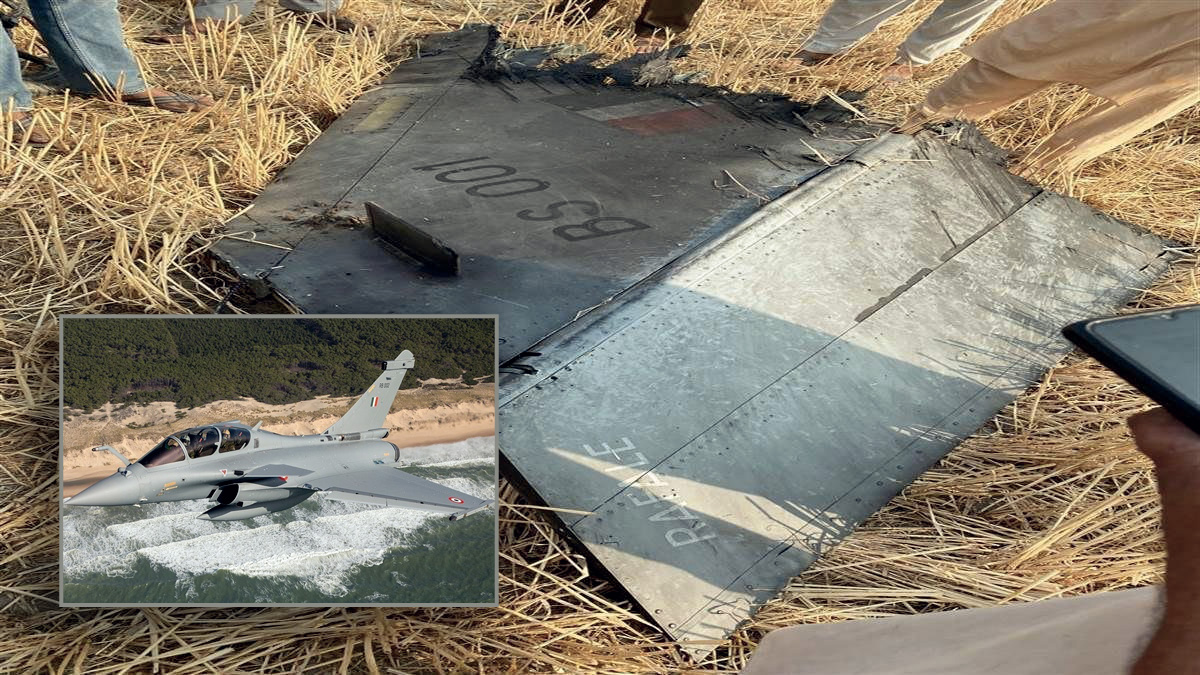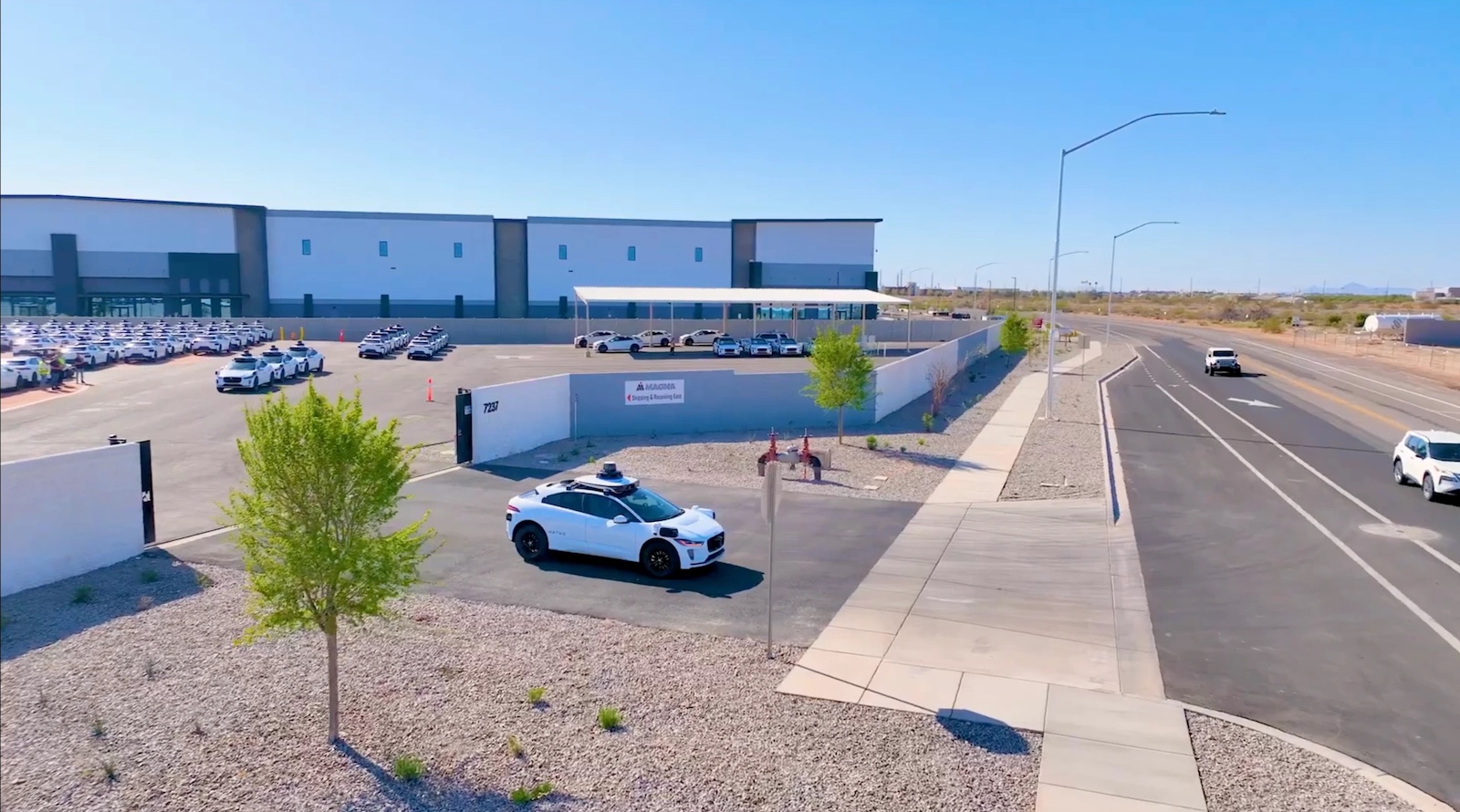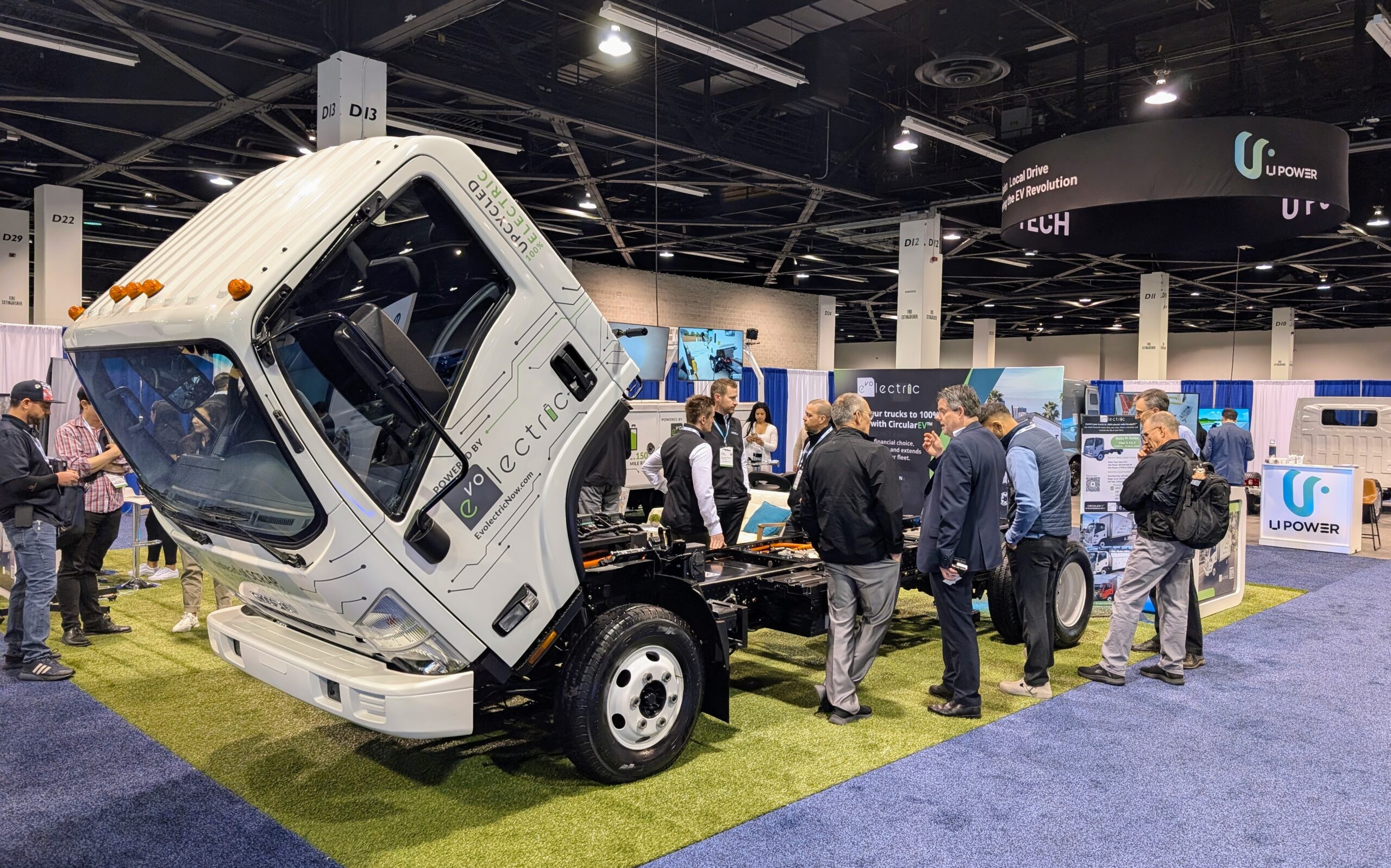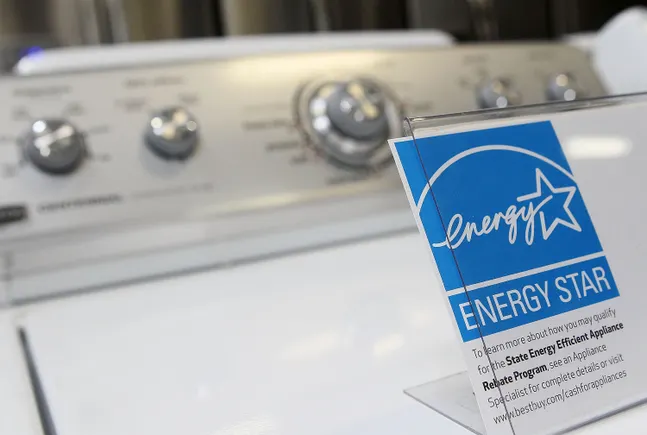How trucking can prepare for Trump’s new CDL rules of the road
More scrutiny of truck drivers and fraudulent CDLs could have operational and cost implications for trucking companies. The post How trucking can prepare for Trump’s new CDL rules of the road appeared first on FreightWaves.

Safer roads and better alignment between freight demand and trucking capacity are two potential benefits emerging from President Donald Trump’s Emergency Order on English proficiency for truck drivers, but carriers should prepare for operational and cost implications as well.
The significance of the order, which includes a review of commercial driver’s licenses issued to foreign drivers working in the U.S., was further elevated when the Commercial Vehicle Safety Alliance voted just days later to reinstate an out-of-service (OOS) mandate, effective June 25, for drivers who cannot satisfactorily show safety officials they can speak and read English.
“Drivers who violate the English proficiency requirement as it is assessed roadside will soon be placed out of service,” Chris Eckhart, a partner at the law firm Scopelitis who specializes in Department of Transportation compliance, told FreightWaves in a phone interview.
“It will be recorded as an out-of-service violation on the motor carrier’s safety record. Out-of-service violations usually count more than other violations, so it could adversely impact CSA scores.”
For companies responsible for ensuring drivers meet federal regulations, “that now includes a new section on English proficiency as part of their hiring and retention policies,” Xiao Wang, CEO of Boundless, an immigration services company, told FreightWaves in a phone interview.
“Failure to do so means their drivers will lose their ability to drive commercially, and the downstream effect of losing a driver unexpectedly is that it affects your ability to run your company.”
Wang recommends trucking companies employing foreign drivers on H-2B (temporary, nonagricultural workers) or EB-3 (“green card” that allows employers to sponsor foreign drivers for long-term employment) visas review their hiring and training practices to ensure compliance. “Failure to comply could result in drivers being placed out of service, impacting delivery schedules and operational efficiency,” Wang cautions.
Now that employers must also ensure all drivers, regardless of visa status, meet English proficiency standards as outlined in the executive order, Wang also recommends companies consider investing in language training to retain drivers and minimize turnover.
“With the advent of AI tools, the cost for rolling out large-scale language training has decreased from a direct cost perspective for employers,” he said. “But how you roll out such a program and then apply to a fleet of drivers to meet a bar for English proficiency, that remains a little unclear – that could be another challenge.”
Subhead: More CDL scrutiny from FMCSA
While carriers and drivers adjust to the new requirements for maintaining CDLs in good standing, Trump’s executive order also directs the Federal Motor Carrier Safety Administration to tighten its oversight and enforcement on state-issued nondomiciled CDLs – those issued to foreign drivers working in the U.S. – “to identify any unusual patterns or numbers or other irregularities with respect to nondomiciled CDL issuance.” FMCSA will also be expected to improve how these CDLs, as well as domestic CDLs, are verified for authenticity.
“It’s not illegal to have a nondomiciled CDL – the regulations allow for it, and FMCSA has issued guidance on it,” Eckhart said. “But there seems to be a lot more nondomiciled CDLs in use, and the FMCSA doesn’t really have good data on those numbers.
“So I think the administration wants the FMCSA to get its arms around which states are issuing the nondomiciled CDLs, and are there any patterns out there that would reflect that the states are issuing more nondomiciled CDLs than they ought to be, and perhaps the FMCSA needs to reconsider its guidance on the use of nondomiciled CDLs.”
Fraudulent domestic CDLs have also been causing issues with both lack of enforcement and with motor carriers, Eckhart pointed out.
“There have been a lot of fraudulent CDLs, particularly coming out of Texas, over the past few years that have caused a lot of issues, both with enforcement and with motor carriers. That could be a safety issue, and FMCSA doesn’t know exactly where the issues are most prominent among the states. That’s what the executive order is attempting to address.”
Related articles:
- Trump requiring that truckers speak and read English
- Uncertainty as Biden visa expansion, Trump immigration policies collide
- US carriers illegally hiring Mexican drivers to haul loads, sources say
Click for more FreightWaves articles by John Gallagher.
The post How trucking can prepare for Trump’s new CDL rules of the road appeared first on FreightWaves.

































